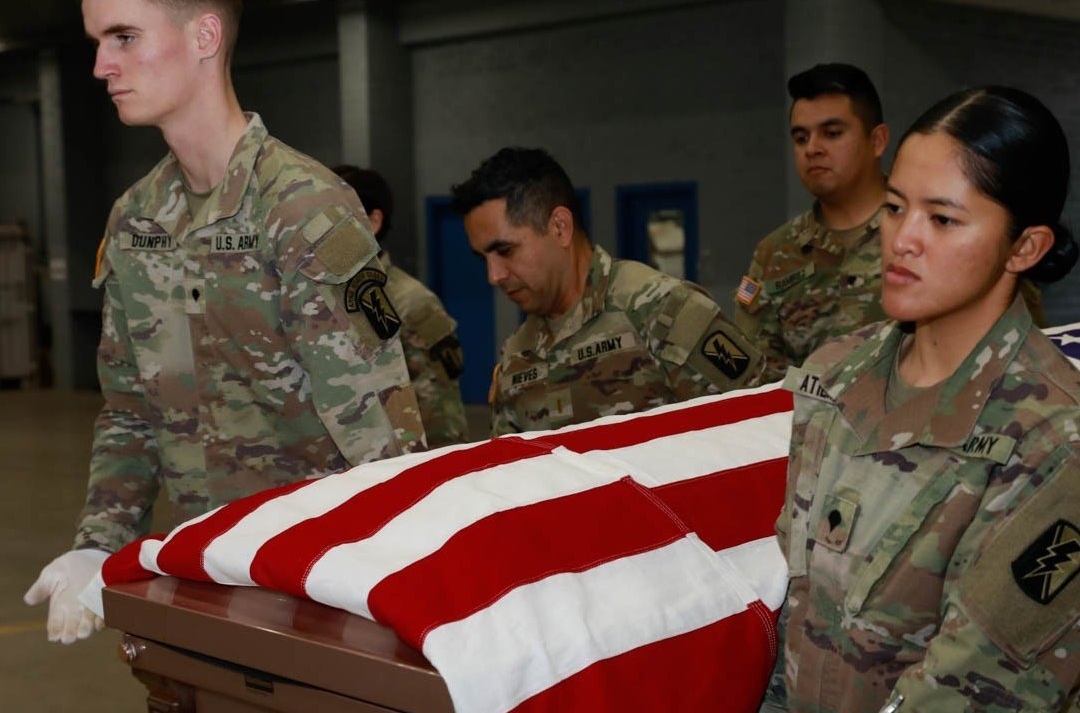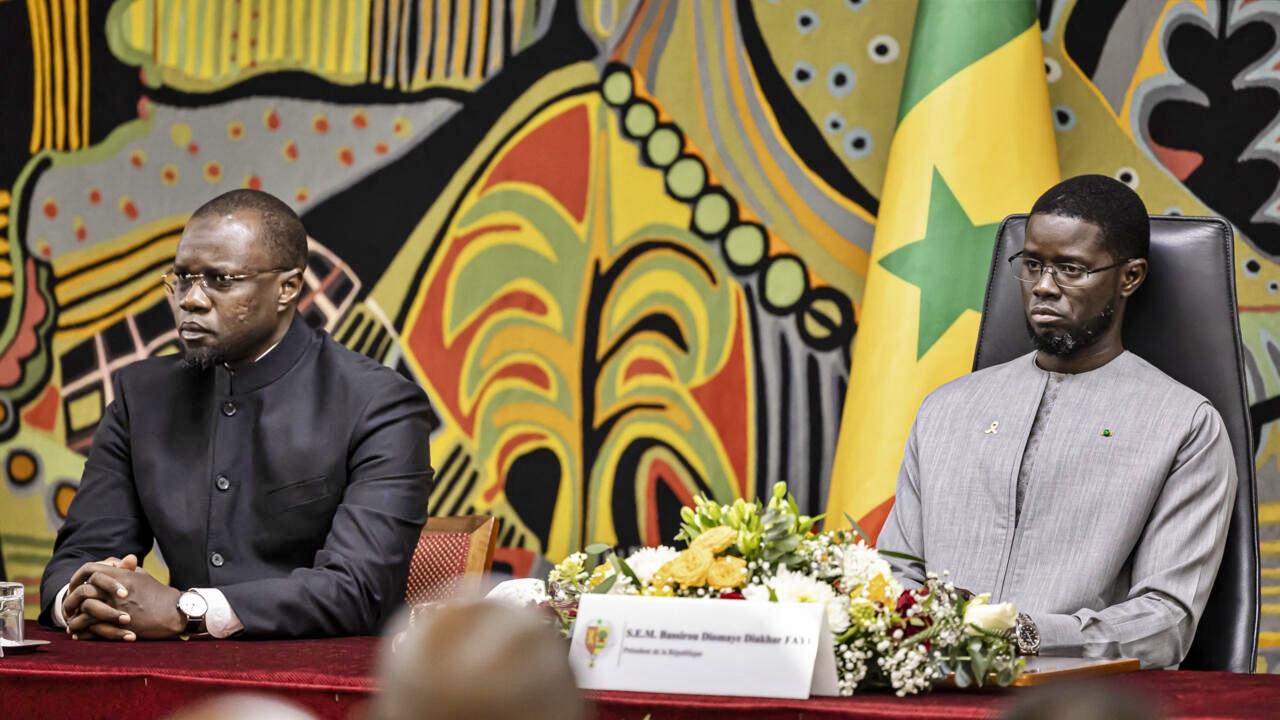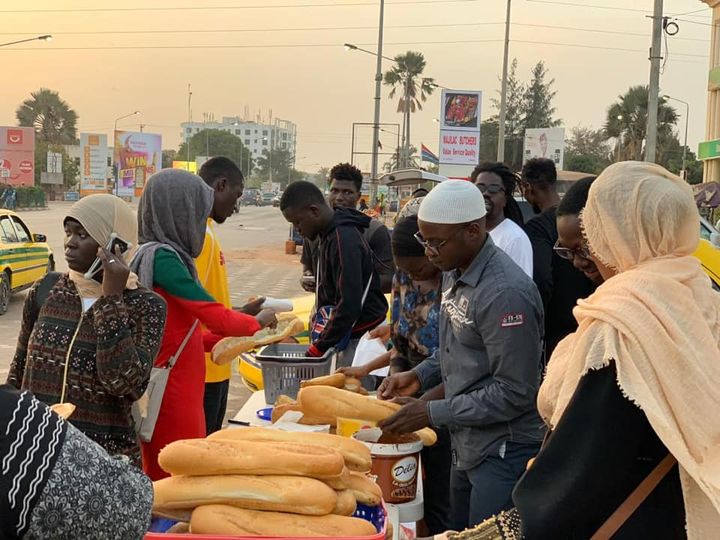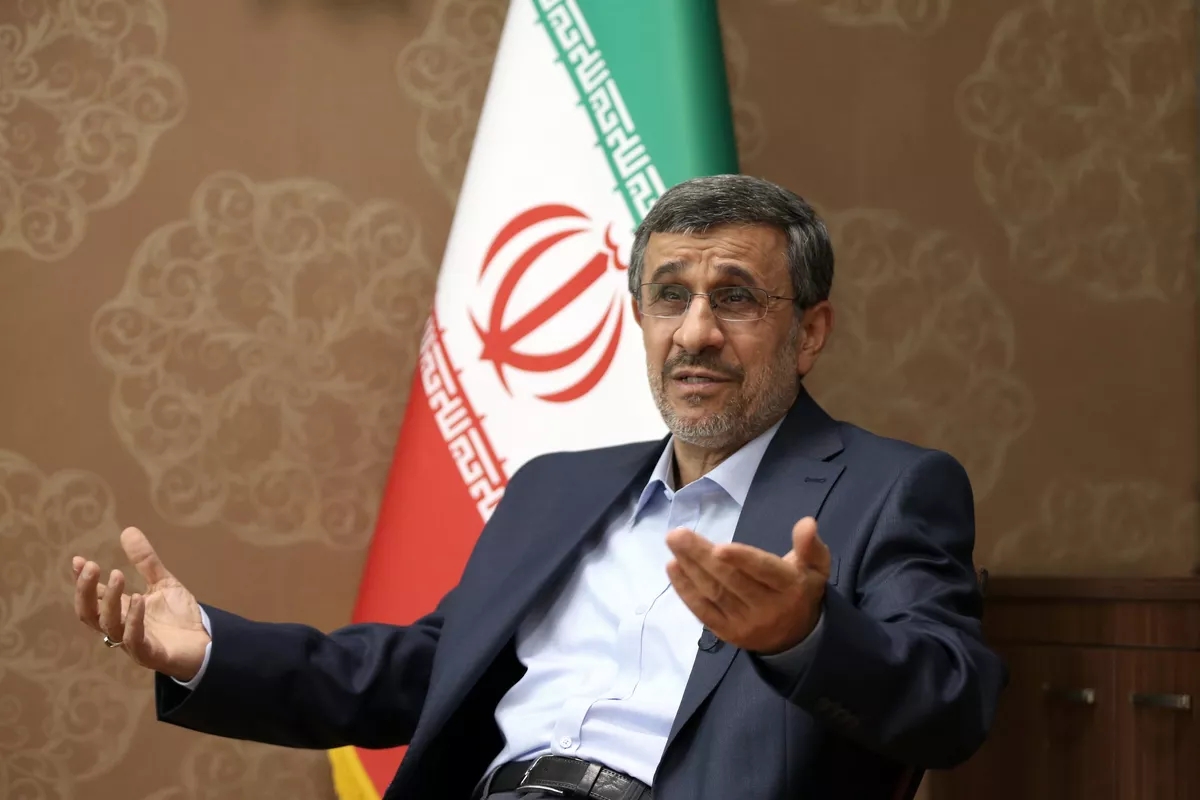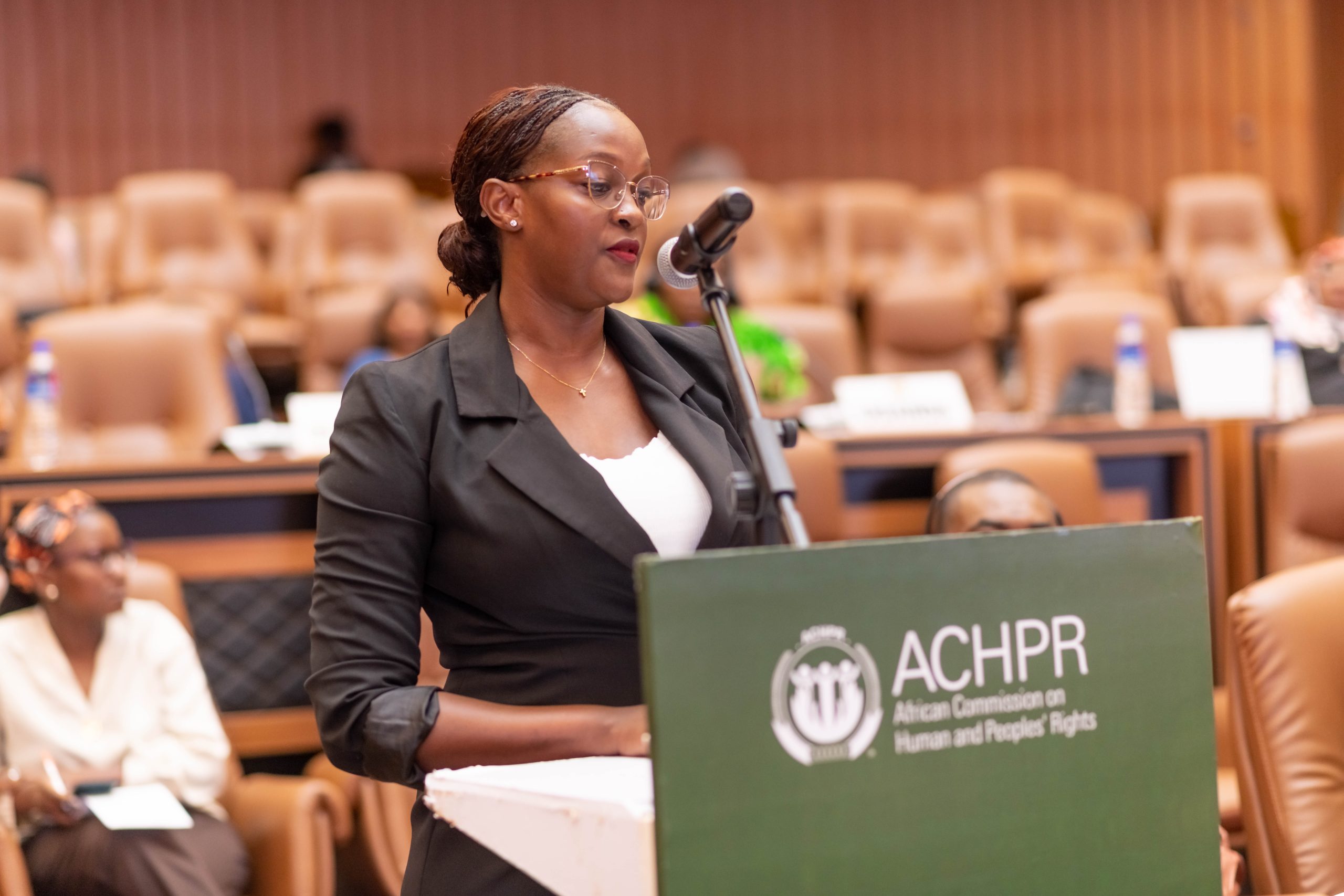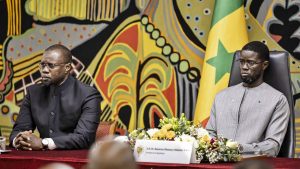Gambiaj.com – (Banjul, The Gambia) – At the 85th Ordinary Session of the African Commission on Human and Peoples’ Rights (ACHPR), held in The Gambia, DefendDefenders and African Defenders called for an end to what they described as the “systematic harassment” of journalists, activists, and politicians across the African continent.
DefendDefenders is a regional organization that protects and promotes human rights defenders (HRDs) in the East and Horn of Africa, while African Defenders is a pan-African network of five sub-regional organizations dedicated to promoting and safeguarding HRDs across the continent.
Addressing the Commission, Rita Kanya, Communications Officer at DefendDefenders, said that throughout Africa, journalists, HRDs, and civil society actors continue to face harassment, intimidation, arbitrary arrests, enforced disappearances, and judicial persecution for exercising their right to freedom of expression.
She noted that African governments are increasingly weaponizing laws such as anti-terrorism, cybercrime, and public order legislation to criminalize dissent and restrict press freedom under the guise of protecting national security.
“Across several states, repressive laws are being used to silence independent voices,” Ms. Kanya said.
“In Niger, an anti-crime law criminalizes criticism of the military regime with penalties including imprisonment and loss of nationality. Rwanda’s Cybercrime Law and Kenya’s online content regulations have been instrumental in curbing public discourse, while Ethiopia continues to use vague media and anti-terror provisions to justify arbitrary arrests of journalists.”
She added that Côte d’Ivoire imposes sentences of up to 20 years’ imprisonment for so-called “illegal expressions,” while in Burundi, journalists and commentators are imprisoned under broad accusations of undermining state integrity.
Kanya further warned that online freedom of expression is under growing attack. She revealed that in Tanzania, more than 80,000 websites have been blocked, and access to platforms like X and Telegram remains restricted.
Kenya’s Communications Authority, she said, has halted live coverage of protests and suspended broadcasters, while in Eritrea, all independent media remain banned and digital activism is closely monitored.
“In many countries, journalists and defenders operate under constant threat,” she told the Commission. “In Ethiopia, reporters such as Tesfalem Waldyes and Yonas Amare have been arbitrarily arrested or abducted. In Kenya, the killing of blogger Albert Ojwang and attacks on the Kenya Human Rights Commission offices highlight the dangers faced by media workers. Ugandan journalists and opposition figures continue to face abductions and intimidation ahead of the 2026 elections.”
She said journalists in Burundi and South Sudan have been detained or barred from covering politically sensitive events, undermining accountability and press independence.
Kanya also highlighted that in conflict-affected states, freedom of expression is often an early casualty.
She cited Sudan, where journalists have been killed, abducted, or detained by both the Sudanese Armed Forces and the Rapid Support Forces, and South Sudan, where media houses have been barred from covering trials and political proceedings. In Somalia, she added, reporters face violence from both state actors and the militant group Al-Shabaab, deepening information blackouts and fostering impunity.
“In countries such as Eritrea and Djibouti, independent journalism is virtually nonexistent,” Kanya said. “Strict state control, surveillance, and the absence of oversight mechanisms have silenced all forms of critical reporting and civic participation. Eritrea’s continued ranking as the lowest globally on press freedom underscores the persistence of total information control.”
DefendDefenders and African Defenders expressed deep concern over what they called a “collective backsliding” on freedom of expression and human rights across the continent, warning that such violations undermine transparency, erode democratic participation, and weaken public trust in institutions.
The groups urged the African Commission on Human and Peoples’ Rights to call on member states to uphold Article 9 of the African Charter, guaranteeing freedom of expression and access to information; repeal or amend repressive laws targeting journalists, HRDs, and online expression; protect digital spaces from arbitrary shutdowns and censorship; establish independent national mechanisms for the protection of journalists and HRDs; and strengthen collaboration between the ACHPR’s Special Rapporteur and national human rights institutions to promote accountability.
DefendDefenders and African Defenders reaffirmed their commitment to working with the African Commission and the Special Rapporteur to build a continent where all individuals can express themselves freely, access information openly, and participate in shaping democratic and accountable societies without fear.



